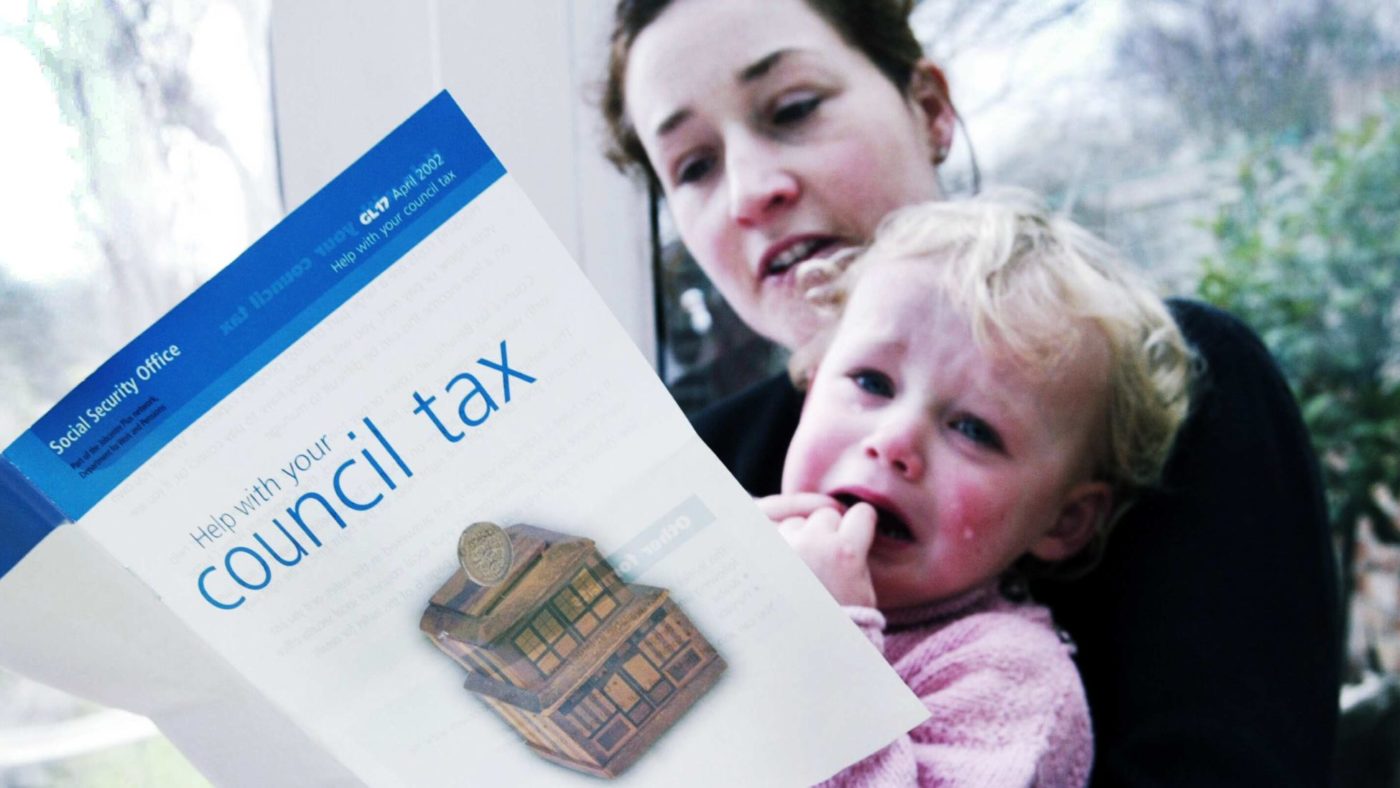It’s often been said that all politics is local. The validity of that statement may, of course, be context-specific, but there is clearly at least a degree of truth in it – not least in the UK, where the first-past-the-post electoral system institutionalises the importance of local vote share.
Taxes, on the other hand, aren’t very local at all. OECD data shows that only 4.9 per cent of UK taxes are collected by local governments. That makes the UK the ninth most centralised of the 32 advanced economies for which we have data.
What’s more, all of the countries that are less localised than Britain are much smaller. The equivalent figures for more comparable nations include 8.5 per cent in Germany and 13.5 per cent in France. The four most localised countries are all in the Nordic region, topped by Sweden at 35.7 per cent – more than seven times the British proportion.
The UK figure has been close to five per cent since the current system of council tax was introduced in the early 1990s. The OECD data shows that under the previous system of domestic rates, the share of revenue classified as coming from local taxation was much higher, at around 11 per cent.
This final instalment of the CapX Battle of Ideas polling series looks at public attitudes to fiscal localisation. Number Cruncher put the following question to over a thousand eligible voters: “Currently about 5% of UK tax is collected locally. Would you support or oppose making taxes, and decisions about spending them, more local?”
Their responses show that a majority would support more fiscal localisation. Fifty-four per cent told us they would support it and 19 per cent would oppose it, with 27 per cent saying “don’t know”.
It’s worth noting at this point that for differing reasons, supporting local devolution is or has been politically advantageous for each of the main political parties. The Conservatives have been able to pursue fiscal tightening by devolving “difficult decisions” to other levels of government. Labour is better able to exert its influence in cities – where its support is rock-solid – at a time while the Tories are in power at Westminster. And the Liberal Democrats, traditional proponents of localism as a matter of principle, face an easier path to rebuilding themselves locally than nationally.
It’s perhaps intuitive then, that their voters appear to hold correspondingly similar views. Between 54 and 56 per cent of each party’s current voters support collecting a greater share of taxes locally, with support slightly higher still among minor party voters.
The profile of support by age is interesting, with the highest support coming from over-65s and under-25s, and lower levels of support from those in between. The subsample size of 18-24 year olds is small enough that we can’t quite rule out statistical noise. But if this pattern were genuine, what might explain it?
It could, conceivably, be that people in those age groups – many of them highly mobile –have a weaker connection to their local area than under-25s (who may still live where they grew up), or older generations, who are less likely to have moved recently. Indeed, support is higher among graduates, too.
Geography provides further food for thought, with support lowest in London and highest in Scotland and the north of England. One might expect, given taxation and spending centralised at Westminster would still be fairly local to Londoners, that support would be lower in the capital for that reason. But it’s also possible that the “mobility” pattern that arises in the age breaks could also explain the geographic difference too.
While it is difficult to be certain about this effect, it is certainly worth investigating, as there is both theory and at least some evidence to support it.
However there is very little evidence from this poll to support the theory that Leave voters are more attached to their local areas than Remainers. Support among those who voted Leave in 2016 is 56 per cent, well within the margin of error of the 55 per cent support among those who voted Remain.
It’s also interesting to consider what effect fiscal localisation might have on politics. Most obviously, it is likely to boost the chronically low turnout in local elections – where only around half as many electors make it to the polls as at general elections when the two don’t coincide.
It is clear, then, that an across-the-board majority of Britons want a greater proportion of tax revenue and decisions about how it’s spent to be taken closer to where they live. Whether or not the big parties act on those wishes is another matter entirely.


